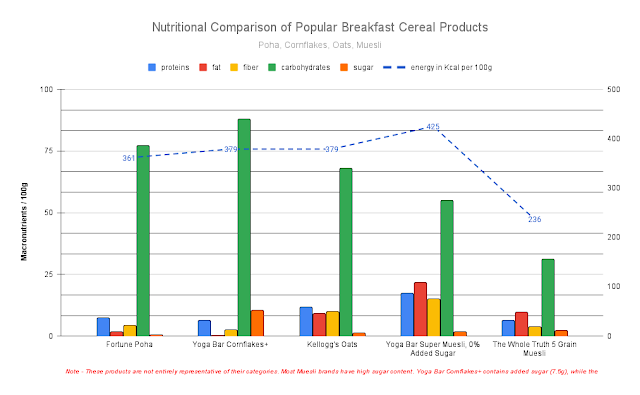Globesity - the Global Obesity Epidemic
While undernutrition remains a challenge, a growing global epidemic of overweight and obesity, often referred to as "globesity," is spreading across many regions of the world.
Key facts from the documentary:
- Obesity cases worldwide doubled between 1980 and 2017. By 2030, it's estimated that half the world will be obese or overweight and there could be 250 million obese children globally.
- As of now, over 2 billion people (adults and children) are overweight or obese.
- The obesity epidemic is described as the most important international health problem and is spreading in every country; not a single country has successfully halted it.
- Marketing and structural factors (availability of ultra-processed foods, pricing, advertising) are central in driving obesity, especially among lower-income populations.
- The steep rise in obesity starting in the 1980s is linked to the food industry replacing fat with processed grains and sugar after public health officials recommended reducing fat intake.
- Ultra-processed foods, heavy in sugar and starch and digested quickly, increase insulin levels, promote fat storage, decrease satiety, and thus drive overeating and weight gain.
- A handful of huge corporations (including Nestle, Unilever, Coca-Cola, Kelloggs, PepsiCo) own nearly every food brand and pull in $500 billion in annual sales.
- Highest obesity rates are seen in economically disadvantaged communities, with lack of access to fresh produce and saturation by fast food outlets and junk food advertising.
- Scientific evidence shows industry-funded studies consistently deny a link between sugar-sweetened beverages and obesity/diabetes, while independent studies overwhelmingly find clear associations.
- Sugar taxes, prominent labeling, and junk-food advertising bans have been introduced in select countries (Mexico, Chile, Peru, Uruguay), triggering measurable reductions in consumption and positive health impacts.
- Mexico's soda and junk food tax, the first in North America, led to a drop in sweetened beverage consumption.
- Chile's 2016 law, which mandated black "excessive" warning labels on products, resulted in a 25% reduction in sugary beverage purchases and led to 20% of products being reformulated with less sugar and sodium.
 |
| In Chile, food products that are high in calories, fat, sugar, or sodium are required to display black octagonal warning labels. Image source: OpenFoodFacts.org |
Sound Bytes
- Narrator, questioning the focus on personal blame - "Obesity: A blob of our era's fantasies caught in a web of prejudice. But what if obesity were a collective failure, not an individual one?"
- Expert explaining the biological limitations of dieting - "Over the long term, we know that metabolism is stronger than willpower."
- "It's these processed carbohydrates that drive weight gain."
- Expert identifying the root cause of the crisis - "What's driving the obesity epidemic? It's corporate profit."
- "The food multinationals have a secret weapon: price. The products they sell are up to 60% cheaper than fresh foods."
- "The manipulation starts with the children. Scientific studies show there is a direct link between the ads children see and the types of food they like to eat."
- "25 years ago, if I told you that I have an 18-year-old patient in my clinic with type 2 diabetes, you would have said, oh my gosh, it's incredible, it's so rare. Now it's very commonplace that young people, children, have type 2 diabetes."
- "We created labels that tell you at a glance whether the product contains excessive sugar, salt, fat or calories. In seconds, you're informed."
- "In two years after the soda tax in Mexico, consumption of sweetened beverages fell. Mexico had been the world's largest consumer of soft drinks and it went down to fourth place."
- "The whole sugar peddling mass market food industry wants to addict us to cheap empty calories that lead to chronic disease. Let's refuse to obey."



Comments
Post a Comment